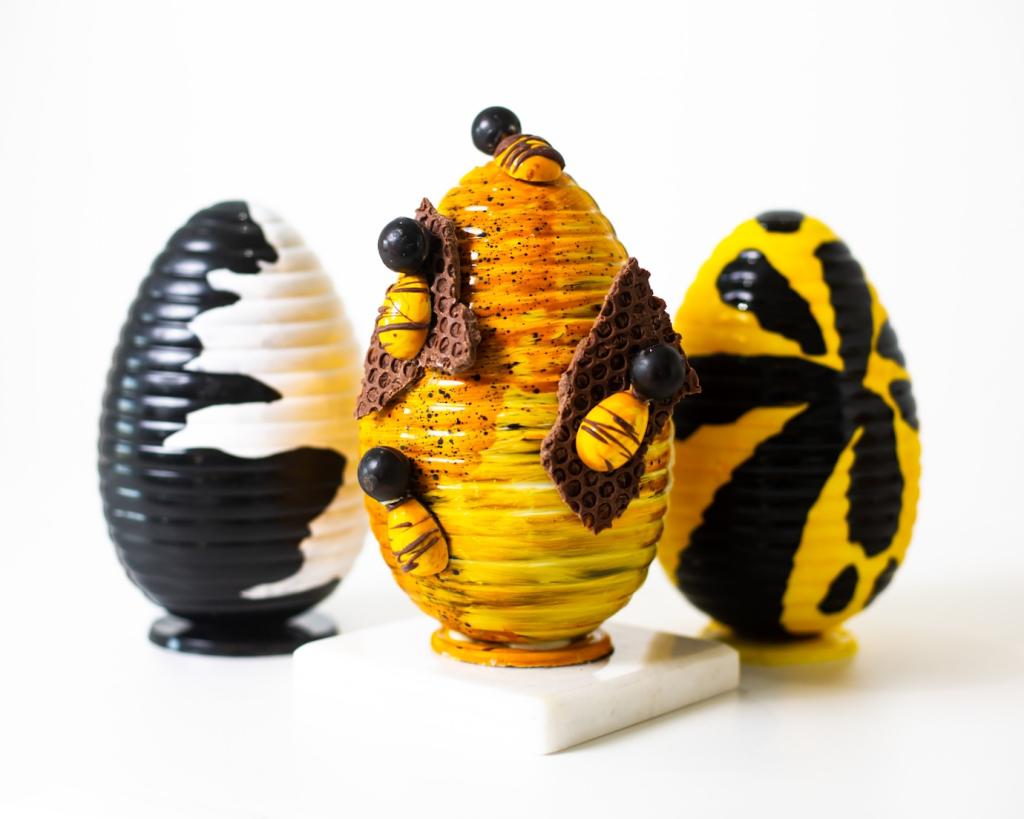
Understanding Urban Beekeeping: A Sustainable Solution
Urban beekeeping is rapidly emerging as an innovative response to modern environmental challenges. Within city landscapes marked by concrete, glass, and steel, beekeeping offers a chance to reconnect urban dwellers with nature while fostering biodiversity. This web page explores the multifaceted benefits and considerations of keeping bees in urban environments, highlighting its role as a sustainable practice that bridges ecological gaps. Dive into the vibrant world of city bees, from how hives thrive on rooftops, to the community and environmental benefits they bring, and the future possibilities of this green trend.
The Rise of Urban Beekeeping
01
City environments, once considered inhospitable for wildlife, are proving to be fertile grounds for bee populations. The wide variety of flowering plants found in parks and gardens provide bees with diverse foraging options, often free from the heavy agricultural pesticides common in rural areas. Urban beekeeping thus supports not only honey bees but native pollinators as well.
02
The practice of urban beekeeping has evolved into a cultural movement. From hobbyists managing a single hive to businesses integrating beehives on rooftops, beekeeping is now associated with sustainable urban living. Urban dwellers are embracing bees as symbols of environmental mindfulness and utilizing them to educate communities about the importance of pollinators.
03
Technology plays a significant role in the rise of city beekeeping. Modern beekeepers use digital sensors and mobile apps to monitor hive health remotely, ensuring their colonies thrive. This tech-driven approach allows even those with minimal prior experience to become successful urban apiarists, bridging knowledge gaps and promoting wider adoption.
Benefits for the Urban Ecosystem
Introducing beehives to urban areas helps maintain plant diversity by ensuring effective pollination. Bees facilitate the reproduction of both ornamental and native plants, resulting in more resilient urban gardens and green corridors. Their activity can rejuvenate local ecosystems, supporting birds and other insects indirectly.
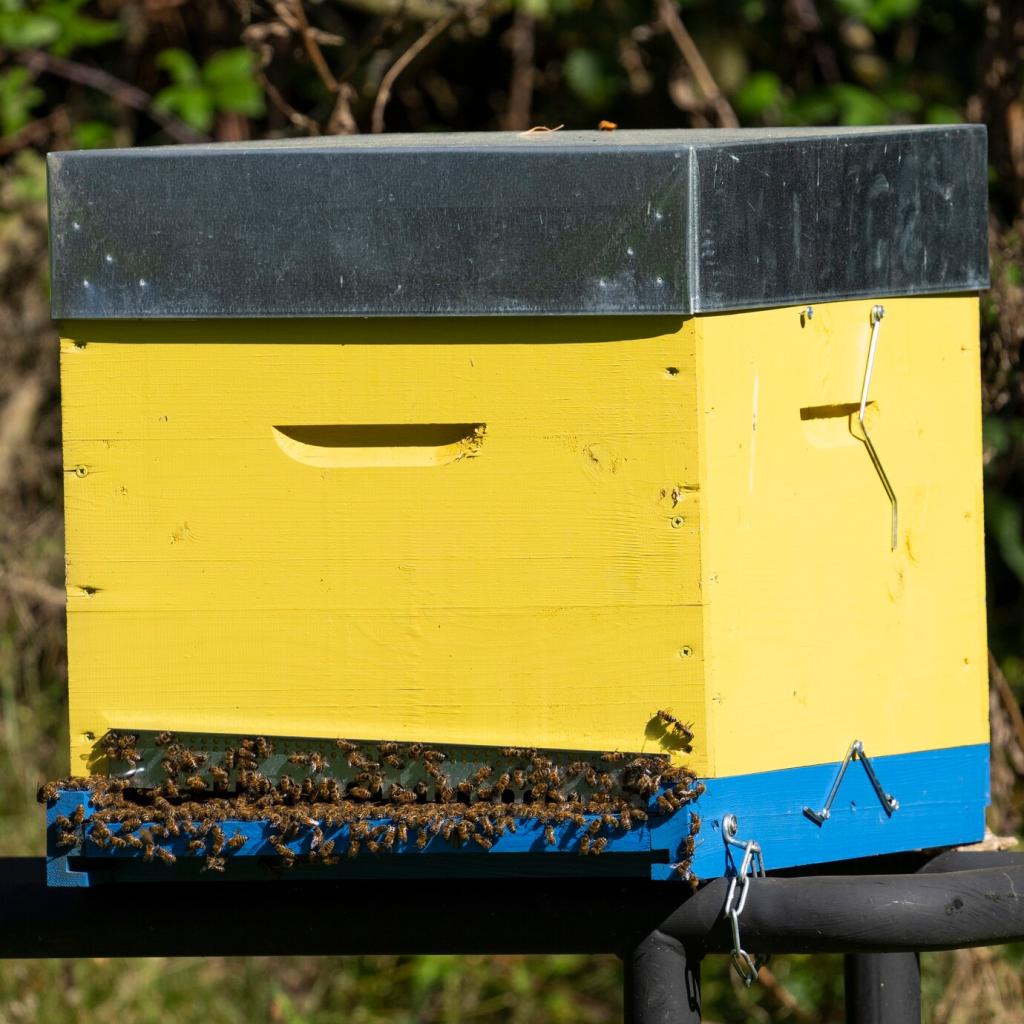
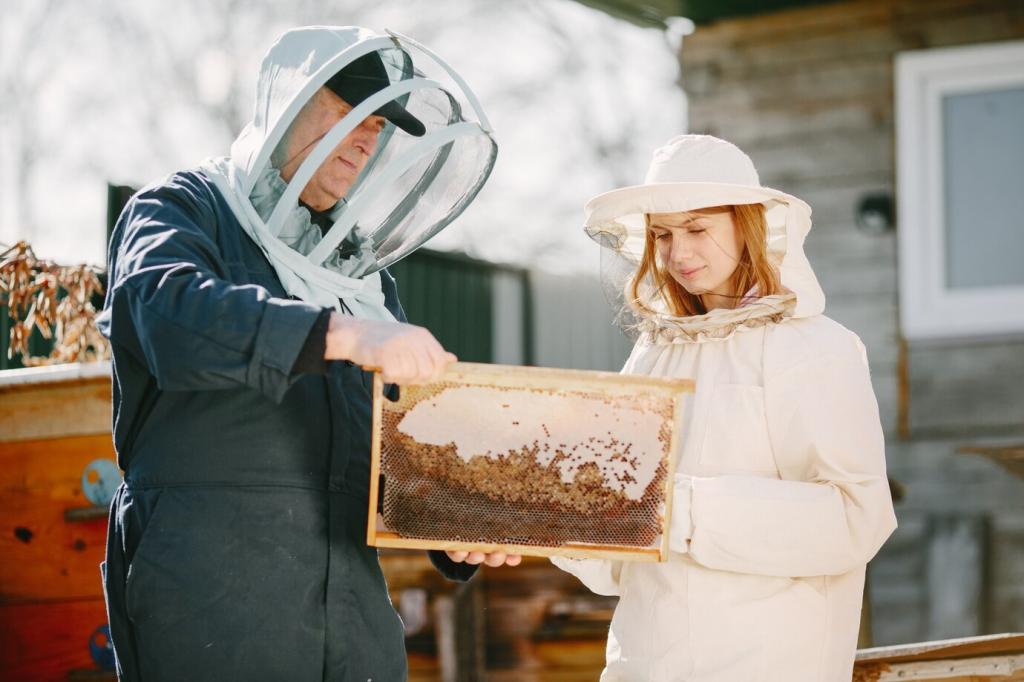
Navigating Legal and Regulatory Barriers
Many cities have strict regulations concerning livestock, including bees. Beekeepers must understand and comply with zoning laws, hive specifications, and health ordinances designed to ensure public safety. Advocacy and dialogue between beekeepers and policymakers are essential for creating supportive frameworks that allow for responsible urban beekeeping.
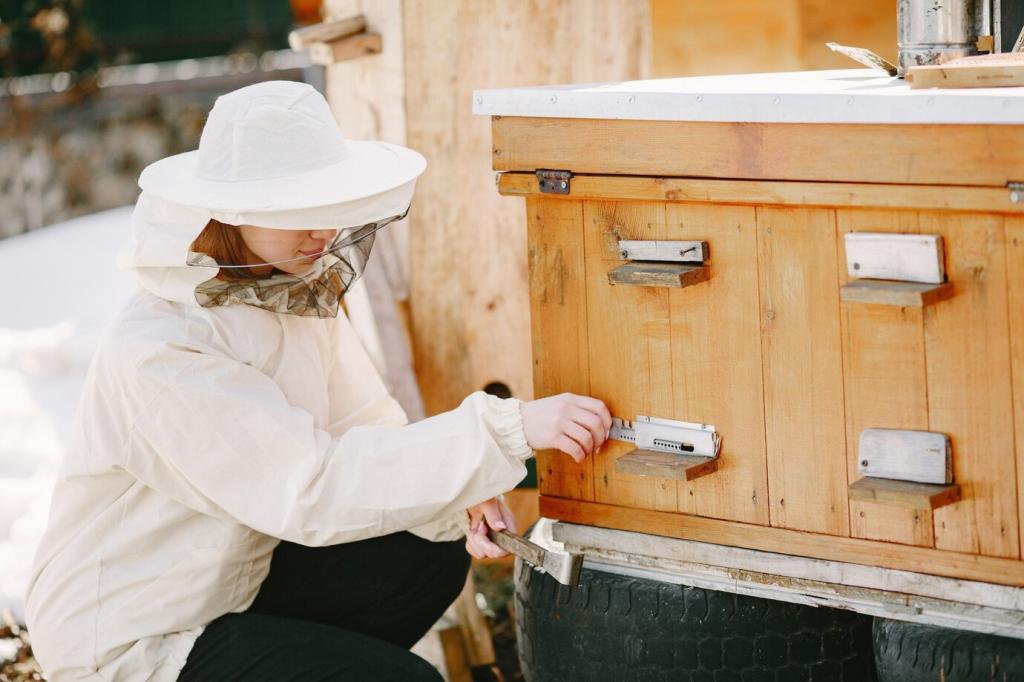
Addressing Space Limitations and Hive Placement
Limited space is a frequent issue in urban environments, with rooftops, balconies, and shared gardens serving as primary hive locations. Beekeepers must ensure that hives are placed out of direct pedestrian traffic and provide bees with safe flight paths. Vertical gardening, compact hive designs, and creative use of unused spaces are key strategies to maximize available areas for bees.
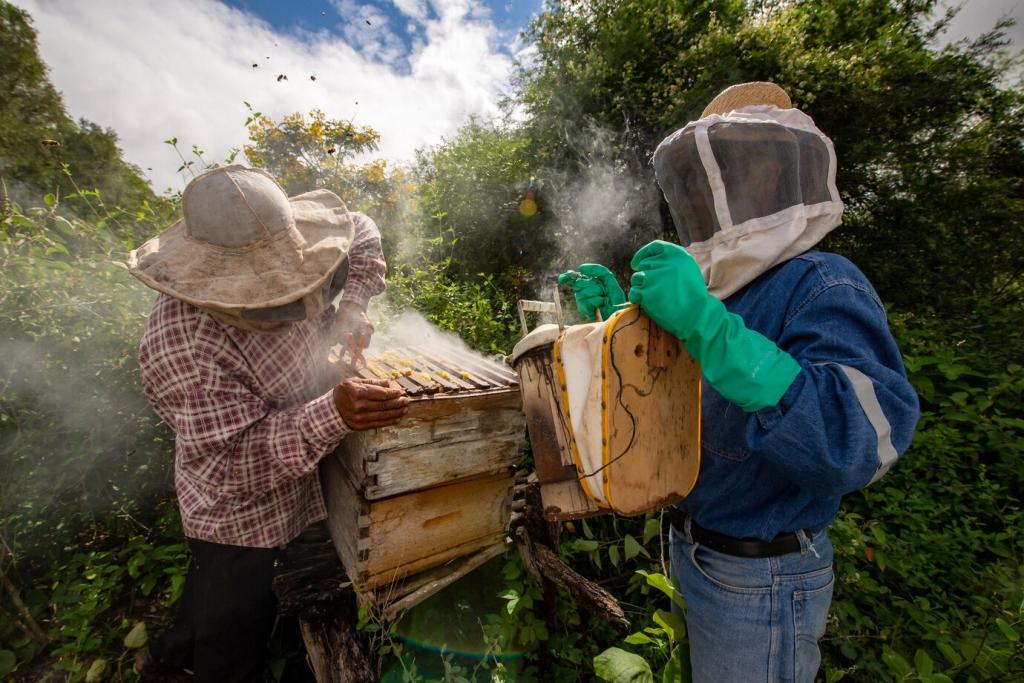
Minimizing Human-Bee Conflicts
Concerns about bee stings and swarming can create tension between beekeepers and neighbors. Successful urban apiarists focus on community education, transparent communication, and responsible hive management. By choosing gentle bee breeds and training residents on bee safety, beekeepers build trust and reduce fear, turning potential conflicts into opportunities for outreach and awareness.
Environmental Impact and Climate Resilience
Enhancing Pollination Services for Urban Plants
Bees are unrivaled pollinators, and by supporting them in cities, urban gardeners and landscapers see improved plant growth and flowering. This translates into vibrant, productive green spaces capable of withstanding urban stresses. Ecological connectivity increases, making cities more livable for wildlife and people.
Supporting Climate Adaptation Strategies
Urban beekeeping fits neatly into broader climate adaptation plans. By helping green the urban grid, beekeepers contribute to cooling efforts, water management, and air quality improvements. Bees act as bioindicators, their health reflecting changes in urban environmental quality, providing valuable feedback to city planners.
Reducing Cities’ Carbon Footprint
Locally produced honey and beeswax reduce dependency on products shipped from distant sources, cutting transportation emissions. Furthermore, green spaces linked to beekeeping naturally sequester carbon. The cumulative effect of multiple urban beekeeping projects can make tangible contributions to a city’s sustainability targets.
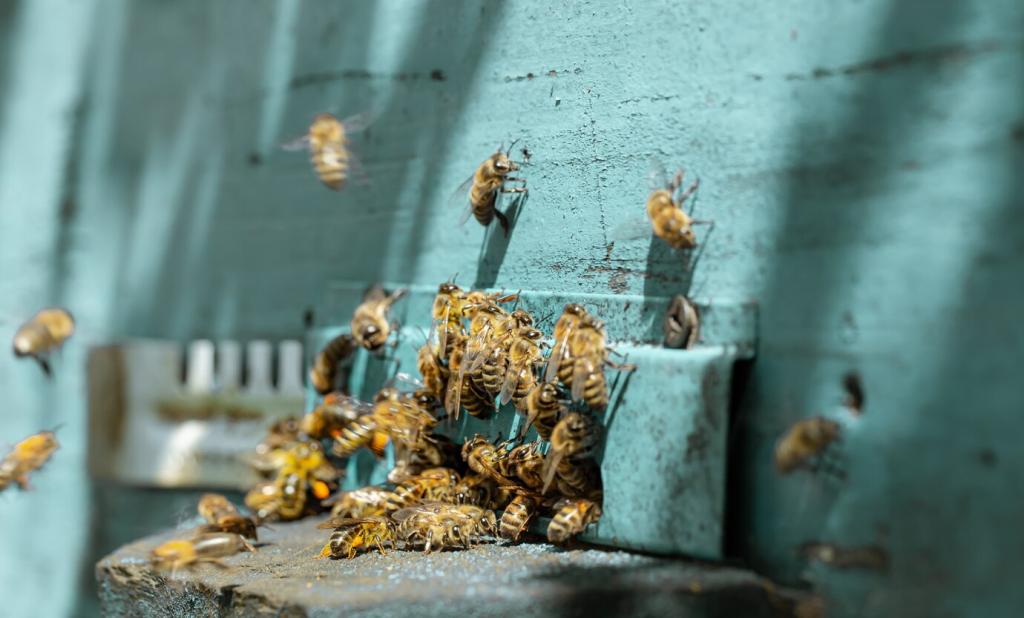
Cultivating Environmental Stewardship
Apiaries foster a sense of responsibility and connection to the natural world. By caring for bees, urban citizens learn the value of pollinators and the importance of sustainable living. Schools, community centers, and workshops use beekeeping as a hands-on tool to teach environmental concepts and stewardship.
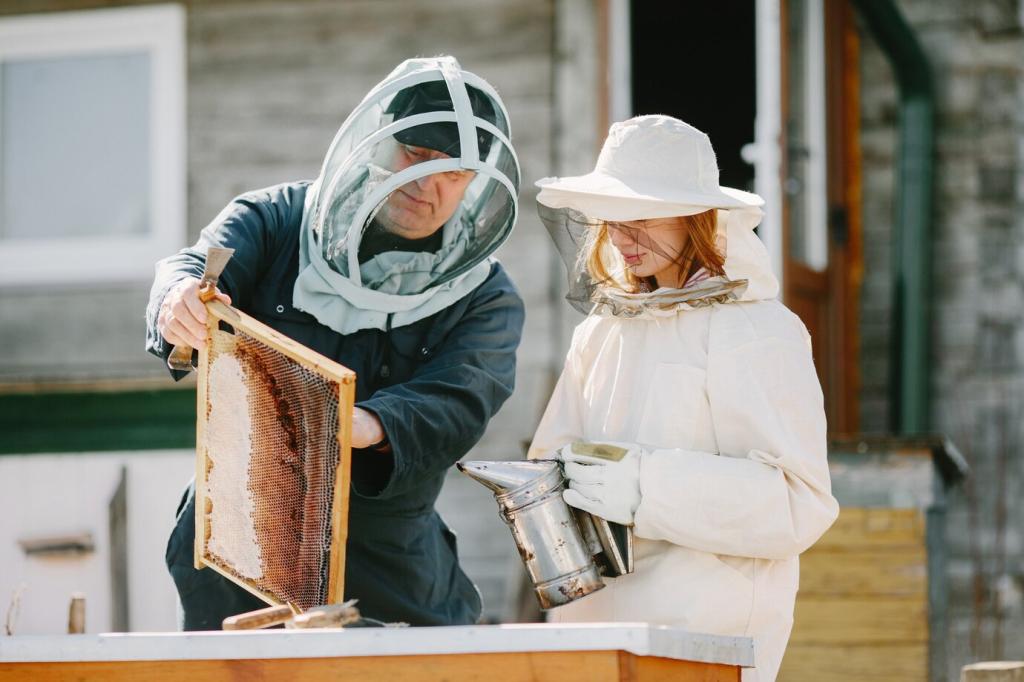
Building Stronger Community Ties
Urban beekeeping projects often become focal points for neighborhood engagement. People of diverse backgrounds unite around communal hives, cooperating on maintenance and celebrating honey harvests. These activities strengthen social bonds, reduce isolation, and amplify local pride in sustainability achievements.
Economic Opportunities and Local Enterprise
Urban Honey Production and Its Market
Local honey is highly sought after for its unique flavors and potential health benefits. Urban beekeepers thus participate in vibrant farmers’ markets, specialty shops, and direct-to-consumer sales. This creates new income streams for individuals and small businesses, encouraging entrepreneurial activity rooted in sustainability.
Creating Job Opportunities in Green Industries
The rise of urban beekeeping has influenced job creation in unforeseen ways. Roles range from hive management and honey processing to beekeeping education, equipment manufacturing, and consulting. Non-profits and organizations focused on pollinator wellbeing are hiring urban beekeeping coordinators and educators, expanding the urban green economy.
Supporting Eco-Tourism and Urban Agriculture
Apiary tours, beekeeping workshops, and honey tasting events attract visitors intrigued by city bees and eco-friendly practices. Urban beekeeping blurs the line between agriculture and city life, enhancing a city’s cultural and tourist appeal while promoting sustainable food systems.
Health and Wellness Contributions
Nutritional Benefits of Local Honey
Consuming locally produced honey can offer nutritional advantages, including antioxidants, vitamins, and trace elements. Some claim that regular intake of local honey may help alleviate allergies, as bees collect pollen from regional plants. Urban beekeeping creates fresh, traceable honey accessible to city dwellers, connecting them directly to their environment.
Wellness through Connection with Nature
Working with bees provides urbanites an opportunity to spend time in natural settings, a rare experience in densely built environments. The meditative aspects of beekeeping—observing, tending, and harvesting—impart sense of calm and connection. Urban gardens centered on bee habitats offer restorative spaces contributing to community mental health.
The Therapeutic Value of Beekeeping Activities
Therapeutic beekeeping programs have gained popularity in urban settings, supporting those with anxiety, PTSD, or social isolation. Engaging in the routine and care of bees promotes mindfulness. Health centers and rehabilitation programs are incorporating urban apiaries, using therapeutic beekeeping as a form of eco-therapy.
